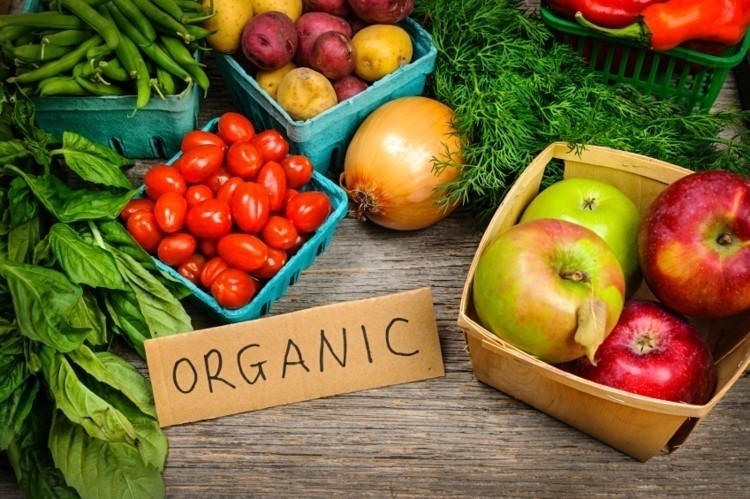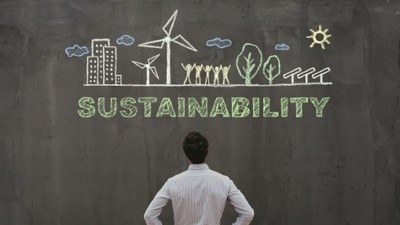‘Triple win’: Why the Japanese government is pushing organic food and manufacturing modernisation with AI

By 2050, the government has pledged to fulfil various sustainability commitments under its new national Strategy for Sustainable Food Systems, including a 50% reduction in chemical pesticide use, a 30% reduction in chemical fertiliser use and a minimum 30% increase in food manufacturing productivity.
“Japan is currently facing major challenges in the form of an ageing population, stagnant rural communities, climate change and increasing natural disasters and disrupted supply chains due to the COVID-19 pandemic,” said the Japanese Environment Policy Division, housed within the Ministry of Agriculture, Forestry and Fisheries (MAFF) upon launching the strategy.
“We have also found the urgent need to establish a sustainable food system [aligned with] international sustainability policies such as the EU’s Farm to Fork strategy and the United States’ Agricultural Innovation Agenda.
“The goal with this new strategy is to achieve a triple win in sustainability – economic sustainability with a robust and resilient food system, social sustainability with better livelihoods and diets, and environmental sustainability to save the ecosystem for future generations.”
Within the new strategy, a great deal of focus has been placed on organic food production - one of the commitments is to increase organic farming to one million hectares or 25% of all farmland in Japan by 2050.
“Technology will be key when expanding Japan’s organic food production – this will include use of automation and AI when it comes to making decisions regarding pesticide usage to to reduce the need for these, such that by 2050 organic production can be implemented across one million hectares of farmland,” said the ministry.
“[The focus on technology is crucial here] as the average age of our farmers is decreasing – in 1995 number of farmers aged below 70 was 2.05 million and the average age was 59.6 years old. This dropped to 1.35 million aged below 70 in 2005, with the average age jumping to 64.2 years old, and just 930,000 aged below 70 in 2016, average age 67 years old.
“This decrease and ageing in the farming population may threaten viable farm production [and] technological advances are needed to boost this viability. For instance, AI can be used to optimize supply and demand forecasts to reduce food loss and waste and maximize producer profits.
“Significant R&D will also be performed to reduce the use of chemical fertilisers and chemical pesticides so as to expand organic food production [in line with] our sustainability goals.”
With the ageing population issue in mind, Japan is also focusing on increasing automation and AI usage in food manufacturing, in hopes of mitigating looming manpower shortages and increasing productivity.
“Food manufacturing is one of the sectors with the lowest productivity. [So] by 2050, we aim to have fully-automated unmanned production lines available that can utilise AT to support the usage of a wide variety of raw ingredients and inputs, [to be compatible with] Japan’s diverse food culture,” said the ministry.
“Robotics is a promising technology to develop in this industry to relieve the issue of manpower shortage which we intend to develop in the long run as well.
“We have chosen to focus on productivity over greenhouse gas emissions for this industry as our research has shown that 80% of greenhouse gases emitted by the food system are not found in the food manufacturing process, but in the activities upstream and downstream from it.”
Healthy diet improvement using technology
In separate documentation, MAFF also highlighted consumer health as an important part of the country’s sustainable development, unveiling plans to establish an information cloud service to help consumers personalize their meals according to their health conditions.
The cloud would incorporate consumers’ dietary history, medical history, online search information and more to provide scientifically optimized food and dietary proposals.
“All of this information will be used as big data to find the best meals possible for consumers of all ages and demographics. Intestinal microbiome data and even genetic information if available would be incorporated to optimize the results,” said the ministry.
“We aim to develop this service such that it is not only available locally, but also overseas.”






















